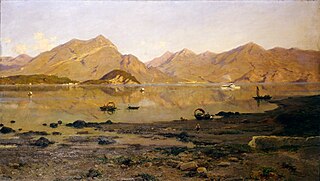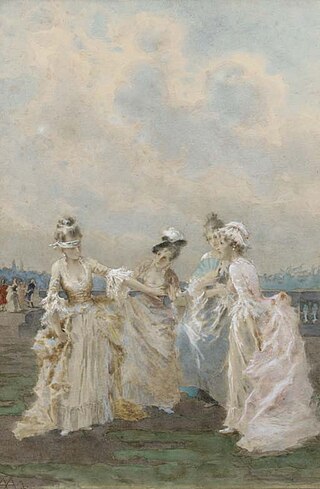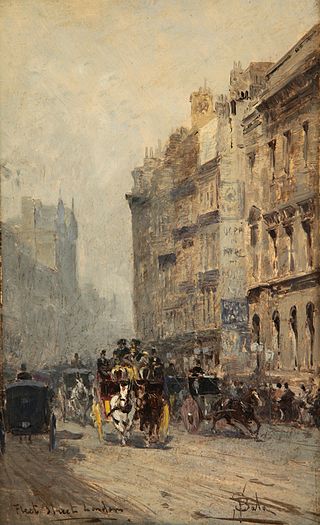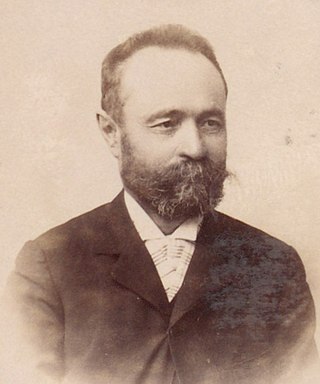Related Research Articles

Fulvia Bisi (1818–1911) was an Italian landscape painter.

Silvio Poma was an Italian painter, who mainly painting land and lake-side seascapes of the Lombardy lake district.

Angiolo Achini was an Italian painter.
Giovan Battista Lelli was an Italian painter.
Guido Ricci (1837–1897) was an Italian painter, mainly painting landscapes and rural genre scenes.
Angelo Baccalario was an Italian painter of landscapes, mainly in the Piedmont.

Paolo Sala was an Italian painter, mainly of vedute and genre scenes. He often painted dal vero, that is, en plein air. He was also known for his ability to paint animals in rural scenes. He founded the Lombard association of watercolor painters in 1911.

Ulvi Liegi was an Italian painter and printmaker. Part of the Post-macchiaioli movement, he painted various cityscapes of Livorno and depictions of Livornese daily life.

Attilio Pusterla was an Italian painter.
Vincenzo Rocchi was an Italian painter.
Augusto Sezanne was an Italian painter, active in a Naturalist style of landscape painting. He also worked as engraver, ceramist, and even as architect.
Luigi Pagano was an Italian painter, known for his colorful depictions of his native Campania.
Giovanni Pallavera was an Italian painter, mainly known for his genre subjects in period costume.
Rinaldo Saporiti was an Italian painter.
Prospero Ricca (1838–1895) was an Italian painter, mainly of snowy landscapes. He was also a lawyer.
Edoardo Raimondi was an Italian painter, known for landscapes and genre subjects.
Girolamo Nattino (1842–1913) was an Italian painter, who depicted eclectic subjects, including genre, landscapes, and portraits.

Lombard nationalism is a nationalist, but primarily regionalist, movement active primarily in Lombardy, Italy. It seeks more autonomy or even independence from Italy for Lombardy and, possibly, all the lands that are linguistically or historically Lombard. During the 1990s, it was strictly connected with Padanian nationalism.

Italo Pizzi was an Italian academic and scholar of Persian language and literature. He was the first to establish the academic field of Persian language and literature in Italy.

Elia Lombardini was an Italian engineer and senator.
References
- ↑ Istituto Matteuci Carlo Pizzi Biography.
- ↑ Dizionario degli Artisti Italiani Viventi: pittori, scultori, e Architetti., by Angelo de Gubernatis. Tipe dei Successori Le Monnier, 1889, page 380.